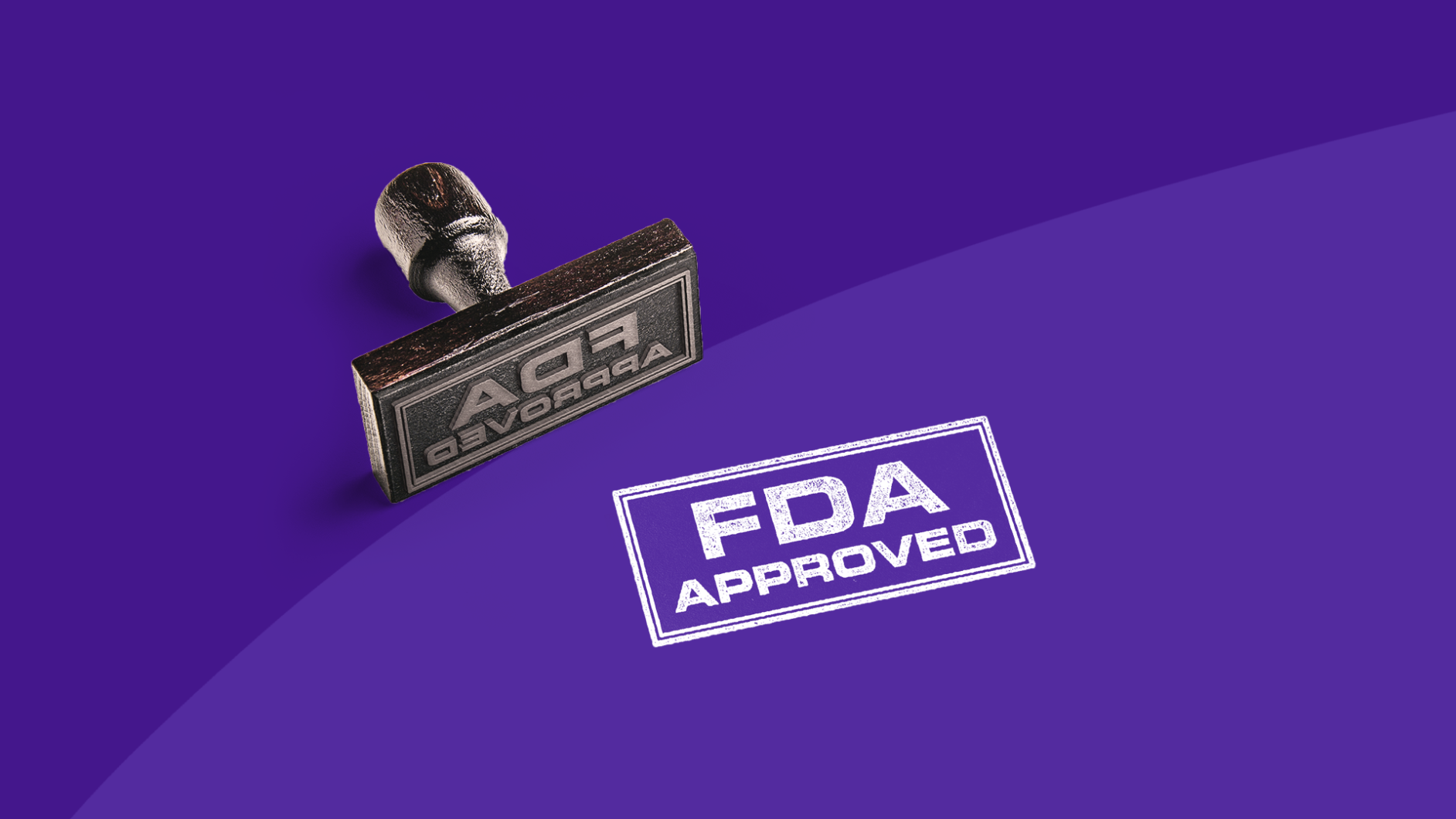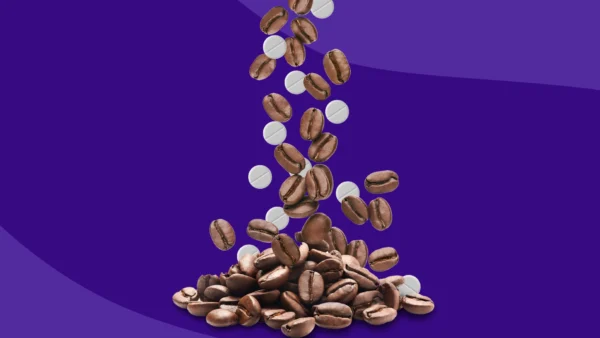On Oct. 14, the U.S. Food and Drug Administration (FDA) approved its first Ebola treatment, Inmazeb. The treatment is approved for use in adults, children, and the newborns of mothers who have the virus.
“This approval was made possible because of our steadfast dedication to facilitate the development of safe and effective treatments for infectious diseases as part of our vital public health mission,” said FDA Commissioner Stephen M. Hahn, MD, in an FDA news release.
The treatment follows other recent positive news in the fight against Ebola with the FDA approving the first Ebola vaccine, Ervebo, in December 2019.
What is the Ebola virus?
The Ebola virus is a very rare, but highly deadly, virus that is transmitted through direct contact with the blood, body fluids, and tissues of infected people or wild animals, as well as any surfaces or materials (bedding, clothing) containing contaminated fluids. The virus leads to widespread fever and inflammation in the body and causes blood clotting problems (causing internal bleeding) and tissue damage.
Most deaths from Ebola are caused by blood vessel damage that leads to leaking that can cause heavy bleeding, low blood pressure, and organ failure.
What is Inmazeb?
Manufactured by Regeneron Pharmaceuticals, Inc., Inmazeb is a cocktail of three lab-created monoclonal antibodies—atoltivimab, maftivimab and odesivimab-ebgn—that mimic the body’s natural immune response to fighting Ebola. The antibodies work by binding the glycoprotein found on the surface of the Ebola virus to help prevent it from attaching to and entering a healthy human cell. Previously, Ebola treatments could only treat the symptoms of Ebola like replacing lost fluids.
A clinical trial of Inmazeb took place in 2018-2019 in the Democratic Republic of Congo during the world’s second largest worst Ebola outbreak. The study found that 33.8% of patients who received Inmazeb died from the virus after 28 days versus 51% of those in the control group, according to an FDA news release. The World Health Organization reports that Ebola mortality rates can range from 25% to 90%, with an average of 50% depending on the outbreak.
The most common side effects experienced by patients in the trial included fever, chills, tachycardia (rapid heart rate), tachypnea (fast breathing), and vomiting. These also are common symptoms of Ebola virus infection. In rare instances, hypersensitivity reactions may occur, requiring discontinuation of the medication.
Next steps for the Ebola treatment
The FDA approval will make it easier for medical organizations to access stockpiles of Inmazeb. In July, Regeneron and the U.S. Biomedical Advanced Research and Development Authority (BARDA) also reached an agreement for Regeneron to deliver a set number of treatment doses to the national stockpile over the next six years.











